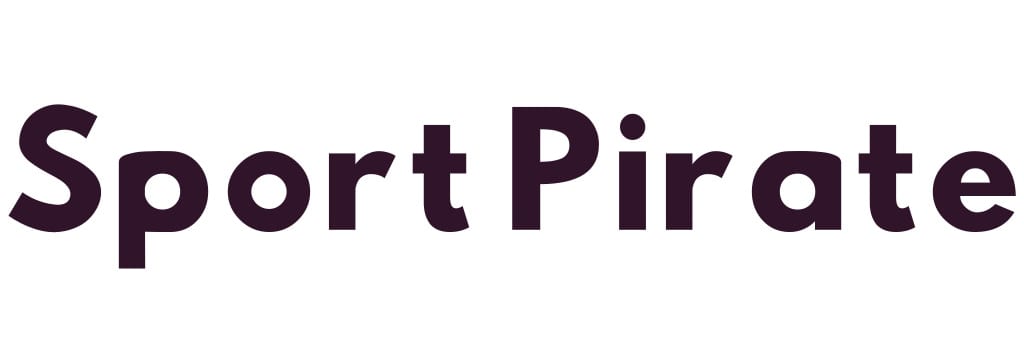
German Economic Slowdown: Fear Of Recession Increases In Europe

The global recession is ready to hit Germany, one of the world’s biggest economies, which could lead to problems for the whole continent! According to federal statistics, German sales slumped by 8.8% in June 2022 compared to the sales percentage a year ago. Soaring inflation has reduced people’s spending power, and the energy crisis is ready to tip the country into a state of recession. The recent official data shows two things: the country stagnated in the second quarter, and the economy is in a gloomy position.

Karolina/Pexels | Rising inflation has reduced the spending power of the people in Europe.
European Union And The Power Energy Crisis
Amidst the global recession, the European Union’s economy experienced a 4% economic growth in the second quadrant of 2022 compared to the previous year’s record. However, a reversal in the sales in Germany may also drag the European Union into a bad state. Germany is the manufacturing heart of the European Union and accounts for almost a quarter of the EU’s GDP. The ongoing energy standoff between Europe and Russia would only mean that there is a viable chance of recession. Germany is vulnerable in the current scenario as it relies on natural gas imports from Moscow to power its homes and industries.

Pixabay/Pexels | Energy crisis can cause the economy to slow down
Germany managed to reduce its gas imports from Russia from 55% to 35% before the war in Ukraine. According to the country’s top economic analysts, the sudden fall in gas imports may have drastic effects on the economy; it could result in a loss of $226 billion from the economy in 2023 and 2024. Germany has already started its second phase of the three-stage emergency gas plan to manage its gas supplies effectively. However, this could bring it closer to rationing supplies for the industries. This move can help the economy from a big economic blow. Recently, Moscow cut off Latvia from its suppliers’ list for violating the conditions for gas withdrawal. The action was taken immediately without providing any more details.

Burak/Pexels | Slow economic growth can lead to recession.
Slowing European Economy
The European economy is slowing down because of the rising inflation, and due to this, there’s a high risk of recession in Europe. Andrew Cunningham, a chief European economist, said that the economic data released for the eurozone is as good as it can get for the foreseeable future. He further added that the economy is heading to a difficult period: a recession is expected in the later years. Goldman Sachs also shared its forecast for European economic growth by predicting that even if Russia doesn’t cut off the energy supplies, the eurozone will likely experience two straight quarters of negative growth, leading to a technical recession. Therefore, there is a need to be ready to respond to any evolving situation. The recent waves of COVID-19 in Europe have further worsened the economic situation. Analysts say that the pandemic is also a major risk, which can further cause damage to the economy.
More in Latest News
-
`
Floyd “Money” Mayweather’s Flight Company Sued for $136k in Unpaid Fuel
Floyd Mayweather is in the ring again, but this time it is a legal one. His private jet company, TBE Aviation...
August 6, 2025 -
`
World’s Oldest Surviving Basketball Court May Help Boost Small Town Tourism
Basketball may be a global sport. But its roots run deeper in Canada than most people think. In the small border...
July 30, 2025 -
`
China Builds 50m-Tall Inflatable Dome to Reduce Construction Pollution
Cities deal with construction dust and noise daily. But a new dome in Jinan, in eastern China’s Shandong province, is changing...
July 23, 2025 -
`
Ligue 1 Adopts ‘Simplified’ Yellow Card Suspension System for Season 2025/26
Starting in the 2025/26 season, Ligue 1 is changing the yellow card suspension rule, and it is about time. The old...
July 17, 2025 -
`
Key Highlights From UFC 317 (June 26 – 29, 2025)
UFC 317 took over Las Vegas from June 26 to 29, 2025, and it didn’t waste a second. Fights were fast,...
July 9, 2025 -
`
Who Invented Basketball? Here’s All You Need to Know
Basketball didn’t just show up one day. It had to be invented. The story most people know starts in 1891 with...
July 3, 2025 -
`
What to Do (And What to Avoid) Before a Cruise
A cruise vacation is an incredible escape from the daily grind, offering relaxation, adventure, and the chance to explore new places....
June 25, 2025 -
`
Big Ten Basketball Power Rankings 2025. Can You Guess Who’s #1?
Big Ten basketball is once again the loudest, toughest, and deepest show in college hoops. The 2024-25 season was stacked with...
June 18, 2025 -
`
How Russia Is Using ‘Terrifying’ Fiber Optic Drones in Ukraine
In Ukraine, the battlefield is changing fast. Russian drones are not just flying cameras anymore, they are controlled by fiber optic...
June 11, 2025















You must be logged in to post a comment Login